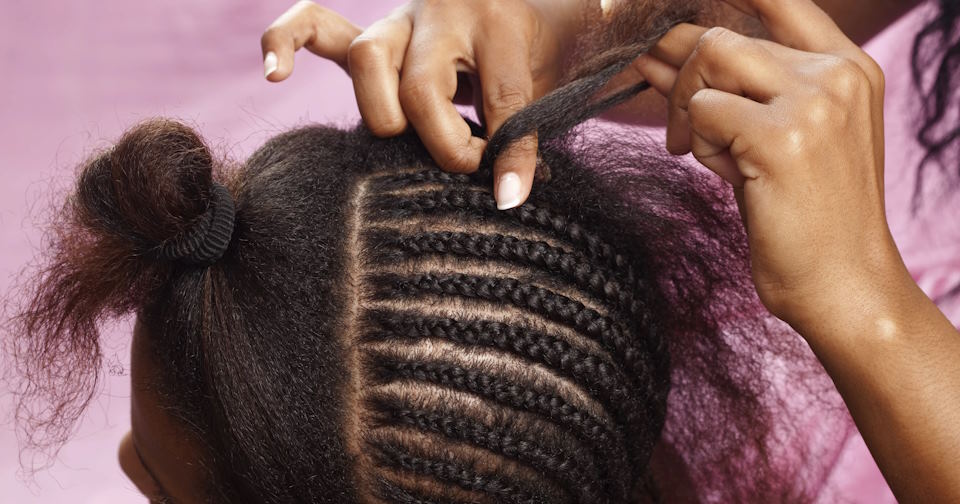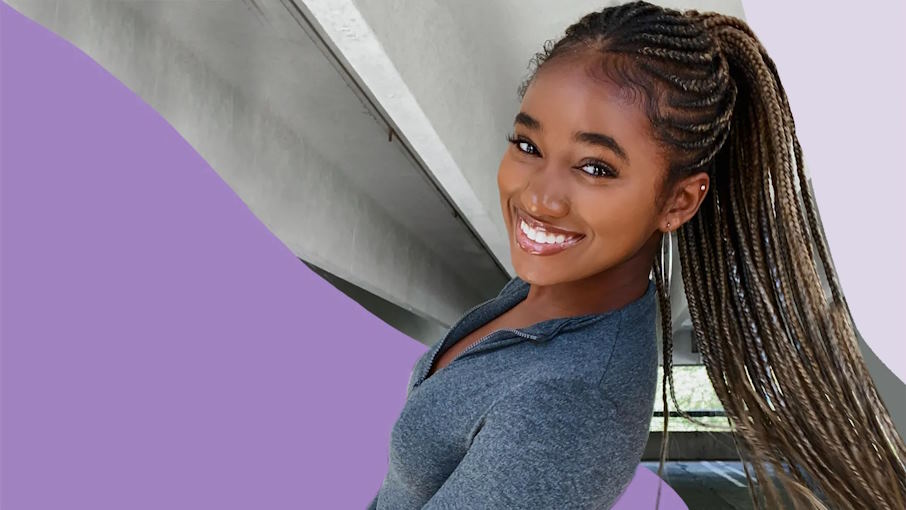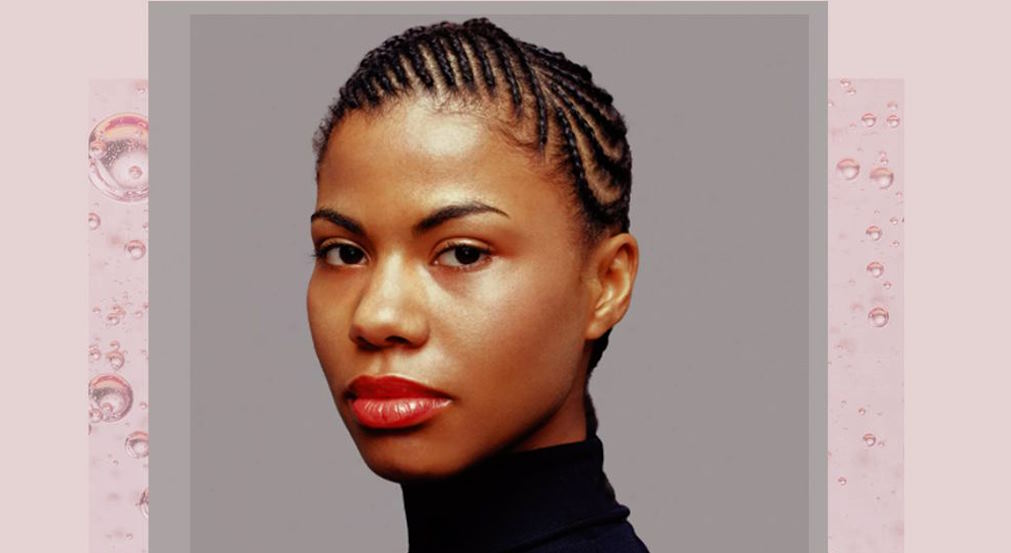In the realm of hairstyling, few trends possess the timelessness and cultural depth that cornrows do. These meticulously woven braids are more than just a fashion statement; they are a testament to the enduring legacy of African traditions and the resilience of communities that have carried them through generations. As we journey through the history and cultural significance of cornrows, we will uncover the stories they tell, the challenges they’ve overcome, and the vital role they continue to play in shaping the narrative of identity and heritage in today’s world.
Cornrows in the 20th Century
Cornrows, the iconic braided hairstyle, experienced a remarkable resurgence during the 20th century, playing a pivotal role in cultural expression, identity, and resistance.
Resurgence of cornrows during the Civil Rights Movement
Amidst the tumultuous years of the Civil Rights Movement in the 1950s and 1960s, cornrows emerged as more than just a fashion statement; they became a symbol of resistance and solidarity. African Americans, determined to assert their cultural identity and defy oppressive beauty standards, embraced cornrows. This act of defiance through hairstyle was a powerful declaration of pride, a visual representation of unity, and a rejection of Eurocentric beauty norms.
The influence of African American celebrities and musicians
As the 20th century progressed, the influence of African American celebrities and musicians further propelled cornrows into the limelight. Figures like Bo Derek and Brigitte Bardot appropriated the style, but it was African American stars like Janet Jackson, Allen Iverson, and Alicia Keys who authentically celebrated cornrows. Through music videos, red carpet appearances, and everyday life, these influential icons made cornrows more than just a hairstyle; they turned them into a symbol of cultural heritage and self-confidence.

Contemporary Popularity
The mainstream adoption of cornrows in fashion and entertainment
In recent years, cornrows have transcended cultural boundaries and established a firm presence in mainstream fashion and entertainment. From fashion runways to Hollywood red carpets, cornrows have become a symbol of style and sophistication. Designers and celebrities alike have embraced this versatile hairstyle for its aesthetic appeal and cultural significance.
Observe how fashion designers have incorporated cornrows hairstyles into their collections; you can see here models confidently strutting the runway with intricately braided patterns on display. This integration not only pays homage to the origins of cornrows but also demonstrates their adaptability and timelessness.
Cultural appropriation and the debate surrounding cornrows
However, the increasing popularity of cornrows has raised concerns about cultural appropriation. As cornrows have become a trend among non-Black individuals, questions about respect for their cultural origins have emerged. Some argue that adopting cornrows without an understanding of their historical significance perpetuates cultural insensitivity and erasure.
The debate surrounding cultural appropriation emphasizes the importance of acknowledging the roots of cornrows and respecting their cultural significance. It calls for a nuanced conversation about who has the right to wear them and under what circumstances, highlighting the need for education and cultural awareness.

Cultural Significance
The role of cornrows in African American communities
Cornrows have long held a special place within African American communities. They are not just a hairstyle but a cherished cultural tradition that connects individuals to their African heritage. In these communities, cornrows are a symbol of unity, resilience, and pride. They are passed down through generations, with family members often bonding over the braiding process, which carries forward the traditions and stories of their ancestors.
Cornrows as a means of storytelling and communication
Cornrows have a unique ability to convey stories and messages. Each braid pattern can be imbued with meaning, representing different aspects of an individual’s life, such as their age, marital status, or personal experiences. Historically, cornrows were used as a form of non-verbal communication among African tribes, allowing individuals to express their identities and affiliations. This tradition continues today, with people using cornrows to tell their own stories and celebrate their journeys.
The significance of cornrows in rites of passage and ceremonies
Cornrows play a central role in various rites of passage and ceremonies within African and African American cultures. From coming-of-age rituals to weddings and funerals, cornrows are often intricately styled to mark significant life events. These braids not only enhance the beauty of the wearer but also symbolize the transition from one stage of life to another, emphasizing the importance of continuity and tradition.

